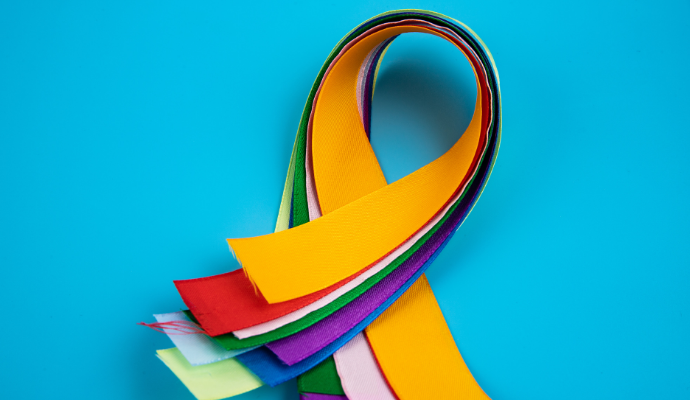Kite’s Yescarta Helps High-Risk Large B-Cell Lymphoma Patients
89% of patients receiving Yescarta achieved a complete response, including 78 percent with a complete response at the median follow-up of 15.9 months.

Source: Getty Images
- Kite, a Gilead Company, recently announced positive primary results from a Phase 2 study of Yescarta in patients with high-risk large B-cell lymphoma (LBCL).
The global ZUMA-12 study enrolled 42 adults with high-risk LBCL. In the study, 89 percent of patients who received Yescarta achieved a complete response, including 78 percent of patients with a complete response at the median follow-up of 15.9 months.
The complete response rate was consistent among key subgroups, and the median time to a response was one month.
And at the time of data cut-off, 73 percent of evaluable patients had ongoing responses.
Medians for duration of response, event-free survival, and progression-free survival were not yet reached. But researchers stated 12-month estimates of 81 percent, 73 percent, and 75 percent, respectively, and an estimated 12-month overall survival rate of 91 percent.
ZUMA-12 is the first study to evaluate CAR T-cell therapy as part of first-line therapy in high-risk LBCL. Notably, the safety profile for Yescarta was consistent with past trials.
“The high rate of durable response to a one-time infusion of Yescarta in newly diagnosed patients with high-risk LBCL is exceptional,” Frank Neumann, MD, PhD, global head of clinical development at Kite, said in the announcement.
“Many of these patients typically progress very quickly on current standard-of-care therapies. Further study is needed to understand Yescarta’s potential as first-line therapy, but we are encouraged by these results,” Neumann continued.
Less than half of patients with high-risk LBCL achieve long-term remission with standard first-line therapy.
In June, Yescarta improved event-free survival by 60 percent compared to the standard of care in a Phase 3 clinical trial.
After a median follow-up of two years, the global Phase 3 trial, ZUMA-7, met the primary endpoint of event-free survival and the key secondary endpoint of objective response rate.
Sattva S. Neelapu, MD, the department of lymphoma-myeloma, division of cancer medicine at the University of Texas MD Anderson Cancer Center, stated that the response rates in ZUMA-12 support the potential of CAR T-cell therapy earlier in treatment to improve outcomes in high-risk patients.
